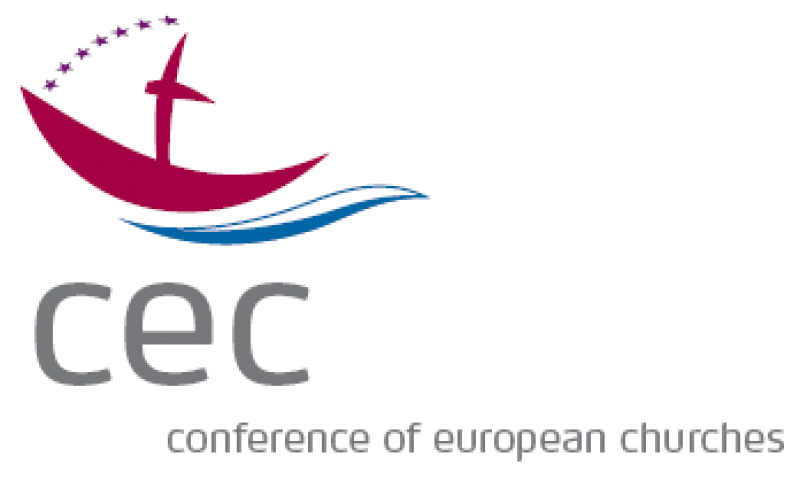PRESS RELEASE No. 14/34
7 November 2014
“Speaking always preceded by listening”: European churches discuss involvement in public debates
On November 6 and 7, 2014, 20 people, representing 15 different churches from 15 countries, assembled in Strasbourg to discuss the question “How do churches speak up in public debates?” The aim of the workshop was to gain insights into the most effective and the most truthful ways to be heard and seen in public debates. Euthanasia and physician assisted suicide (PAS), and human procreation were taken as case studies.
The participants agreed that churches have a contribution to make in moral debates. The ways to do it varies on depends on many local questions: are they minority churches or national churches, large or small, conservative or liberal, and to what extent are there suspicions and prejudices based on a dubitable role in the past? Much also depends on the way moral issues are debated within the churches.
The participants agreed that any credible contribution by churches should involve sound analysis of debates and technological and political states of affairs. This not only includes knowledge but also an attitude of listening: when people advocate physician assisted suicide, what are their moral reasons? What are their fears and concerns? What truth can there be found in ‘the voice of the people’? Oxford professor of ethics Nigel Biggar, who provided the opening address, stressed St. Augustine’s view of the ‘secular city’ as a most radical openness to all voices in a public debate, and a readiness to admit mistakes made in the past.
Most attendants agreed that churches should not hesitate to take a firm stand on some moral issues. However, no position should be taken prematurely. Churches sometimes need to use explicit theological language (‘God talk’), as this belongs to the ‘core business’ of churches. References to authority as a reason for a moral position, however, often are counterproductive. Rather, moral issues should be addressed in terms of arguments that are understandable to all and appealing to many. For this reason, churches need the help of lay experts. Many people inside and outside the church pay more attention to the voices of Christian professionals (doctors, researchers, policy makers) than they do to the voices of theologians and clergy.
The workshop was organized by the Working Group on Bioethics and Biotechnology of the Church and Society Commission of the Conference of European Churches (CEC). Based on the outcome in this workshop, and given discussions in many European countries, the Group intends to plan a conference on Euthanasia and Physician assisted suicide in the near future.
More information may be obtained by contacting the CEC Strasbourg Office:
Church and Society Commission (CSC)
of the Conference of European Churches (CEC)
Commission Eglise et Société
Conférence des Eglises européennes
8 rue du Fossé-des-Treize
FR - 67000 STRASBOURG
T: +33 3 88 15 27 60 F : + 33 3 88 15 27 61
Email: csc@cec-kek.fr
csc.ceceurope.org
The Conference of European Churches (CEC) is a fellowship of some 114 Orthodox, Protestant, Anglican and Old Catholic Churches from all countries of Europe, plus 40 associated organisations. CEC was founded in 1959. It has offices in Geneva, Brussels and Strasbourg.
The Church and Society Commission of CEC links member churches and associated organisations of CEC with the European Union’s institutions, the Council of Europe, the OSCE, NATO and the UN (on European matters). Its task is to help the churches study church and society questions from a theological and social-ethical perspective, especially those with a European dimension, and to represent common positions of the member churches in their relations with political institutions working in Europe.
